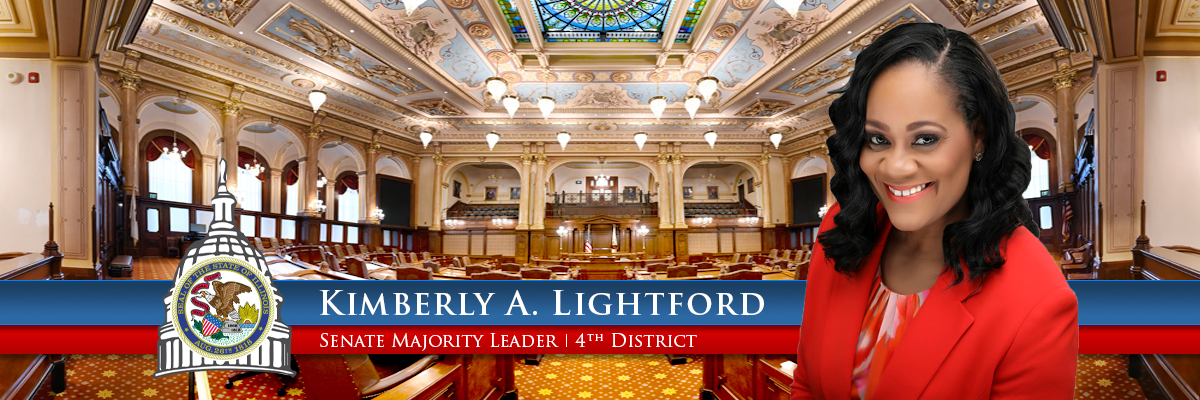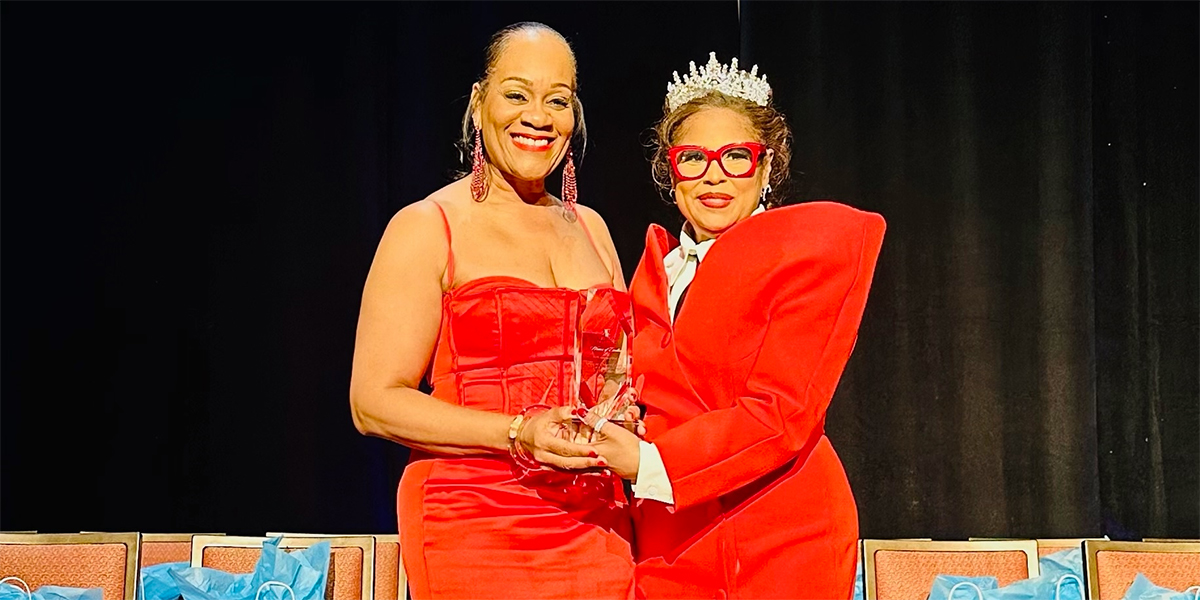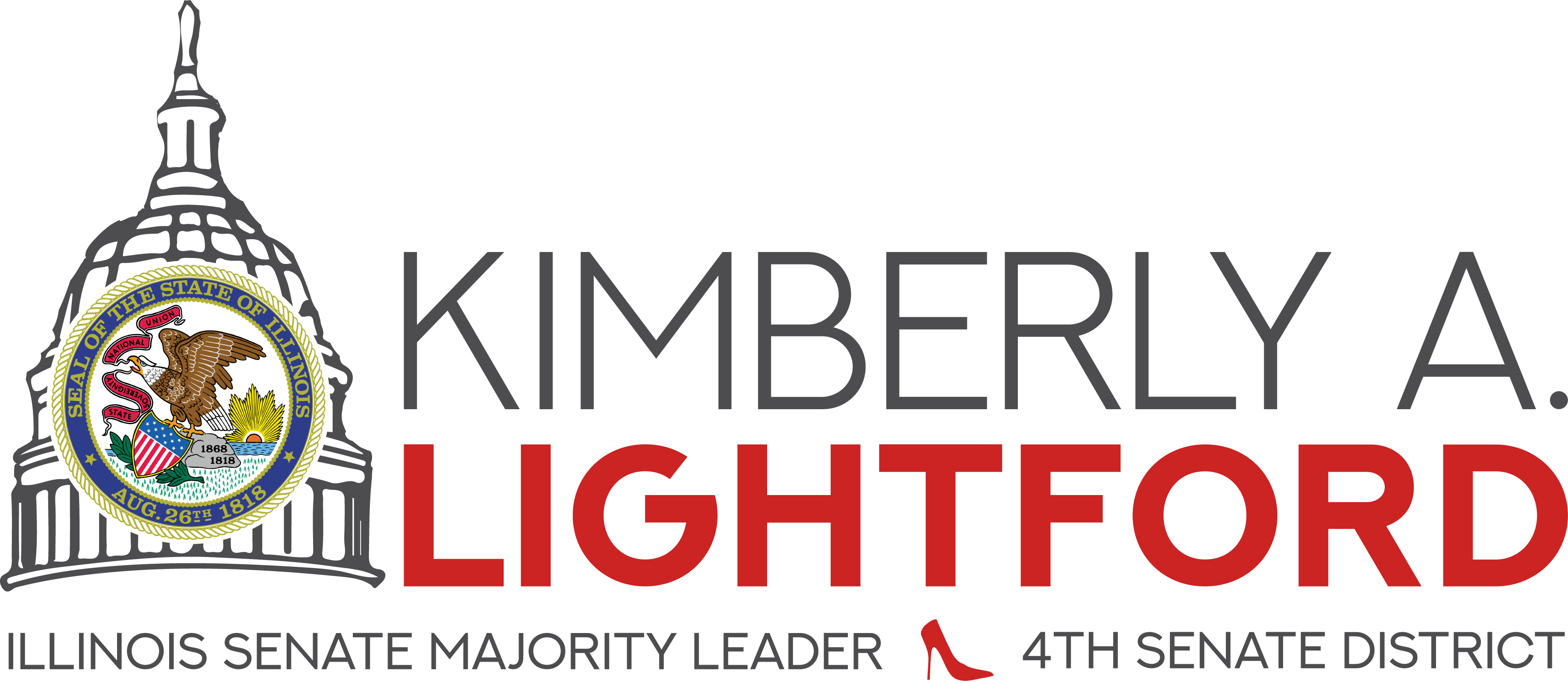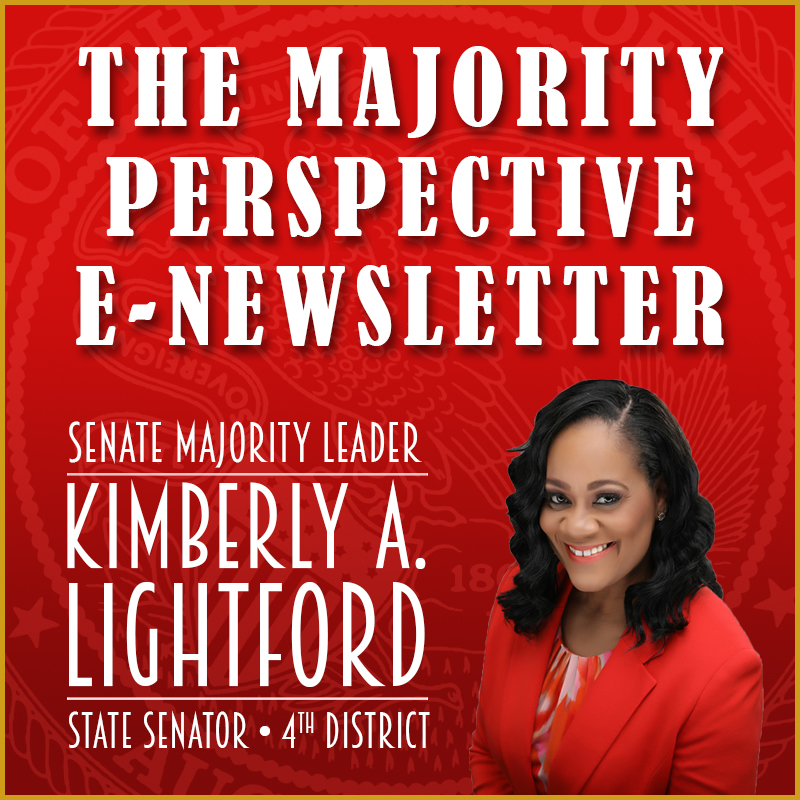NextLevel Health to host Complete Health Festival
- Details
- Category: Events
 NextLevel Health will host a Complete Health Festival on October 6th from 11:00 a.m.-3:00 p.m. at Hamilton Park, 512 West 72nd Street. The Complete Health Festival is a celebration to raise awareness about complete health and highlight resources that can help people be completely healthy. There will be music, food, giveaways and much more.
NextLevel Health will host a Complete Health Festival on October 6th from 11:00 a.m.-3:00 p.m. at Hamilton Park, 512 West 72nd Street. The Complete Health Festival is a celebration to raise awareness about complete health and highlight resources that can help people be completely healthy. There will be music, food, giveaways and much more.
For more information: https://nextlevelhealthil.com/events/complete-health-festival/
Parenting Education Grant
- Details
- Category: News
 Application Deadline: September 30, 2018
Application Deadline: September 30, 2018
From https://urbanawarenessusa.org/:
The Caplan Foundation for Early Childhood supports innovative, creative projects and programs with the potential to significantly enhance the development, health, safety, education, or quality of life of children from infancy through five years of age.
The foundation provides funding in the areas of early childhood welfare, early childhood education and play, and parenting education.
1) Early Childhood Welfare: Children can only reach their full potential when all aspects of their development — intellectual, emotional and physical —are optimally supported. Providing a safe and nurturing environment for infants and preschoolers is essential, as is imparting to them the skills of social living in a culturally diverse world. To that end, the foundation supports programs that research best child-rearing practices and identify models that provide creative, caring environments that ensure all children thrive.
2) Early Childhood Education and Play: Research shows that children need to be stimulated as well as nurtured early in life if they are to succeed in school, work, and life. That preparation relates to every aspect of a child’s development, from birth to age five, and everywhere a child learns — at home, in childcare settings, and in preschool. The foundation seeks to improve the quality of both early childhood teaching and learning through the development of innovative curricula and research based pedagogical standards, as well as the design of imaginative play materials and learning environments.
3) Parenting Education: To help parents create nurturing environments for their children, the foundation supports programs that teach parents about developmental psychology, cultural child-rearing differences, pedagogy, issues of health, prenatal care and diet, and programs that provide both cognitive and emotional support to parents.
Upon review, selected applicants will be invited to submit a full application.
See the Caplan Foundation website for complete program guidelines and application procedures.
100 Black Men of Chicago, Inc.16th Annual College Scholarship Fair
- Details
- Category: Events
 100 Black Men of Chicago, Inc.
100 Black Men of Chicago, Inc.
16th Annual College Scholarship Fair
October 13th, 2018
UIC Pavilion, 525 S. Racine Ave, Chicago IL.
Students can register at: CSF Registration
Since 2003, the 100BMC has hosted an annual College Scholarship Fair with up to 200 Colleges and Universities interacting with nearly 5000 students, parents and educational partners.
The 16th Annual College Scholarship Fair will take place Saturday, October 13th, 2018 at the University of Illinois - Pavilion from 9:00 AM to 2:00 PM.
Student Registration is open; please complete your registration at CSF Registration to obtain your spot for this year’s fair.
Please share this information with Seniors, Juniors and Sophomores. There is no cost to attend!!
Please contact 100 Black Men of Chicago, Inc. by phone (312) 372-1262 or email at
More Articles …
Page 96 of 158










